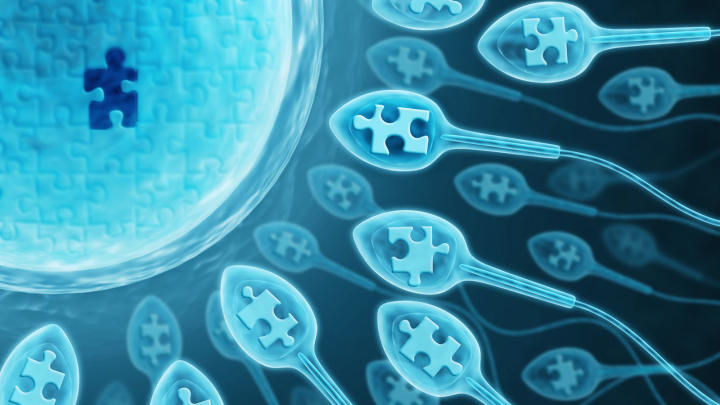WHO NEEDS IVF?
Although its original intention was to treat women with tubal disease, in-vitro fertilization (IVF) can help couples overcome various types of infertility. For some diagnoses or conditions, such as tubal factor, IVF may be the first-line treatment. In other cases, IVF may be recommended only if simpler treatment fails. Below is a list of common indications for IVF treatment:
Tubal Factor (Damage to Fallopian Tubes) / Pelvic Adhesions
There are two options to treat patients with significant tubal damage and/or pelvic adhesive disease. The first option is to surgically repair the tubes and either get pregnant naturally or use Artificial Insemination or IUI to get pregnant. In many cases, however, surgery is not a good option as it may be very difficult to surgically fix the damaged tube(s) and/or the surgery may cause a high risk of an ectopic pregnancy. In these instances where the surgical option does not pose a high chance for success, the second option is to by-pass the tubes completely by using IVF as the treatment plan. Advanced Fertility Care Physicians will individualize the treatment plan for each patient or couple at our Mesa, Scottsdale and Glendale AZ offices, and if you have tubal damage, they will provide you detailed information on each option so that you can make an informed decision.
Endometriosis
Current scientific data about endometriosis shows that mild to moderate forms of endometriosis may be effectively treated with a combination of surgical and medical therapy. For more stages of endometriosis, including the presence of endometriomas, IVF is the optimal first line treatment and offers the highest pregnancy success rates.
Male Factor Infertility
One of the most significant advances in the treatment of infertility has been the ability for men with severe sperm abnormalities to achieve fertilization of the egg and successful pregnancy. IVF with addition of ICSI (Intracytoplasmic Sperm Injection) has enabled couples suffering from abnormal sperm, who would not otherwise be able to conceive, to be able to start a family. ICSI is often recommended if there is any suggestion of a sperm problem, if sperm are obtained surgically, or if there has been a prior failure of fertilization.
Diminished Ovarian Function & Age Related Infertility
During the course of woman’s normal reproductive life, her ovarian function decreases with age. In many cases, this reduced function can be overcome through the use of IVF alone, or in conjunction with techniques such as Assisted Hatching and ICSI. For some women, this decrease in ovarian function may start at earlier ages and requires aggressive treatment with IVF sooner rather than later.
Anovulation & Polycystic Ovarian Syndrome (PCOS)
The majority of patients with an ovulation and/or PCOS often conceive using less aggressive treatments such as ovulation induction with IUI. For some patients who are “high responders” to gonadotropin therapy, IVF offers an excellent prognosis and reduces some of the risks of higher order multiples.

Unexplained Infertility
Approximately 20% of couples will have no identifiable cause of infertility after completing a comprehensive evaluation. IVF is often successful even if more conservative treatments have failed, especially since some of these couples may have yet unidentifiable causes of infertility or sub-fertility.
Family Balancing (also known as Gender or Sex Selection)
For families that wish to have additional children of a particular gender after already having a previous child, PGD allows for selection of embryos to transfer based on gender. While not perfect, embryo biopsy with genetic chromosome determination prior to transfer of embryos can allow families choice in how they expand the family. Read more about PGD.
Genetic Diseases / Preimplantation Genetic Screening or Diagnosis (PGS or PGD)
One additional indication for IVF is to provide genetic testing on embryos prior to implantation. PGD or PGS is used for patients who are at risk for passing on genetic disorders to their offspring as a result of one or both of the partners being carriers for the disease. Diseases such as Cystic fibrosis and Thalassemia are 2 examples of the hundreds of diseases that can be tested for prior to embryo implantation. In addition, IVF with PGS is indicated for women with recurrent pregnancy loss related to chromosomal abnormalities or repeated failed IVF attempts. Learn more about PGD.
- ۰ نظر
- 27 October 20 ، 09:12
- ۲۰۲ نمایش




